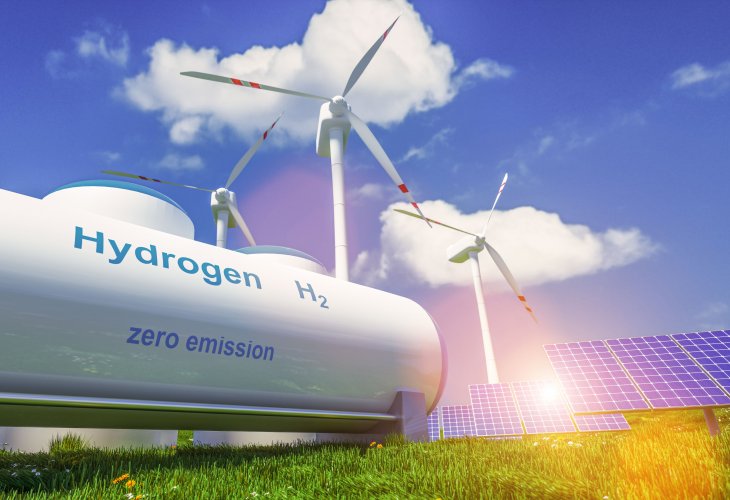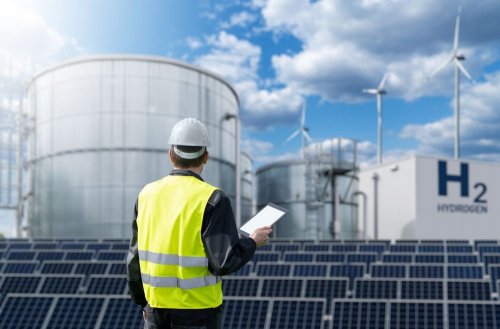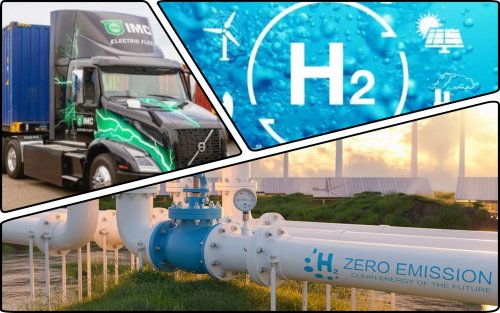In Australia, the green hydrogen sector needs policies, incentives and funding from the government to implement project proposals.
This is stated in the annual review of members of the Clean Energy Council in 2022, reports Clean Energy Tsuncil.
Members of the Clean Energy Council called public funding a top priority for the development of the industry in the next 1-2 years, which will help create local demand and reduce the cost of renewable electricity projects.
The material explained that the increase in the cost of gas increases the cost of competitors of green hydrogen on the basis of fossil materials - natural gas and "blue" hydrogen. Green hydrogen projects also face rising costs due to rising prices for materials (steel and other metals), equipment (solar modules and wind turbines) and transportation.
Anna Freeman, director of policy for the Clean Energy Council for Electrification and Hydrogen, said rising costs make it difficult to get new project proposals.
"The long-term prospects for reducing the cost of green hydrogen are positive - the cost of the cell will fall, as well as electricity prices. But now projects are trying to bridge the gap between capital costs for new plants and the ability of customers to pay extra for green molecular fuel," she said.
Freeman also added that in recent months there has been an increase in capital expenditures on planned new projects with the current global inflationary pressures and supply chain shortages. Thus, the World Bank expects that this year metal prices will increase by 16%, and energy - by 50%.
"We need green hydrogen markets, and we need financial support to help the industry expand. Increasing the scale will help supporters reduce the equal value of hydrogen," she said.
To create local demand, it is necessary to start with the decarbonisation of segments that are difficult to electrify, such as heavy transport, steel, chemicals and fertilizers that already rely on "gray" hydrogen from fossil fuels with carbon capture and storage technology.
To accelerate the transition from hydrogen to green, the industry would like governments to deploy broader support mechanisms than grant programs.
"The price of carbon is at the top of the wish list because it will stimulate decarbonisation projects in the economy, helping to use hydrogen for where it is most competitive. In the absence of these better broad policies and emission reduction policies, more targeted support programs such as incentives or subsidies for switching to another type of fuel could accelerate the project's development, ”the article reads.
At present, in Australia, the main form of government support for the developing hydrogen sector has been feasibility grants or capital investments. New South Wales has highlighted itself as a notable exception with a planned target for renewable hydrogen from 2024 and large discounts on the charge for the network for hydrogen cells, which will be deployed by 2030.
"Grants are useful, but they do not provide predictable revenue streams, transparency or flexibility that can put business models on a stronger and more sustainable footing," Freeman said.
Product differentiation is also important for the renewable hydrogen sector. Most industrialists believe that by 2023, a reliable guarantee of hydrogen origin will be needed to facilitate purchasing and trade agreements.
The Australian government, through a clean energy regulator, has recently begun testing its hydrogen origin guarantee scheme, which will run until mid-2023.
We will remind, Australia will spend $ 50 million for capture centers and carbon storage.
As EcoPoliticа reported earlier, a way has been found in Australia decarbonize the steel industry.





